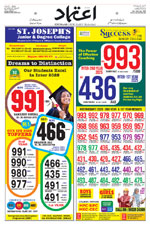Digitisation process increased but 'invisible' poll funding a problem: Arun Jaitley
Sat 22 Jul 2017, 13:21:13
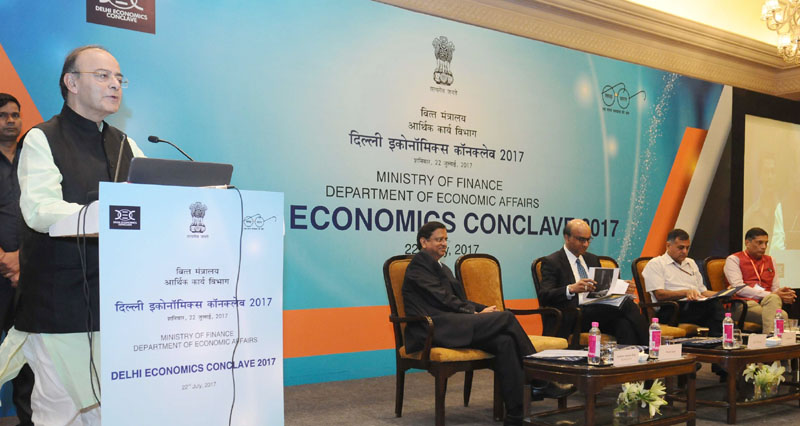
Finance Minister Arun Jaitley on Saturday said demonetisation and GST have led to greater digitisation in the country and increased the tax base but “invisible” election funding is still a problem India is grappling with.
Addressing the Delhi Economic Conclave here, the finance minister said he hoped more digitisation and less cash will be able to bring cleaner money into elections and make them more transparent.
“A problem I am right now grappling with and we have to really introspect is for 70 years India’s democracy has completely been funded by invisible money. Elected representatives, governments, political parties, Parliaments and I must say even the Election Commission has completely failed in checking it,” Jaitley said.
“…And therefore having failed to check it for 70 years as to how the world’s largest democracy itself is being funded, the solution lies not in finding the fault but to suggest remedies. I, therefore, had suggested in this year’s Budget some solution and we are working on it,” he said.
The finance minister
said that he had also asked political parties orally as well as in writing to come with a better suggestion for clean election funding but ruled that no political party had yet come to him with a suggestion.“Not one suggestion has come forward yet because people were quite satisfied with the existing system itself,” he said.
said that he had also asked political parties orally as well as in writing to come with a better suggestion for clean election funding but ruled that no political party had yet come to him with a suggestion.“Not one suggestion has come forward yet because people were quite satisfied with the existing system itself,” he said.
Jaitley in his Budget this year had suggested the use of election bonds and funding elections through cheques above a certain limit.He said digitisation would not only block leakages in the system but also funding more transparent. One of Saturday’s topic of discussion in the Economic Conclave was “The Future of Cash”.
Singapore Deputy Prime Minister Therman Sanmugratnam in his address said that India was currently faced with the problem of joblessness and the government needed to change policies that were anti-employment.
“India’s biggest challenge is job. India has lost a lot of time. Its employment legislations are anti-employment and it does not prepare people for the need of modern economics”.
No Comments For This Post, Be first to write a Comment.
Most viewed from National
Most viewed from World
AIMIM News
Latest Urdu News
Most Viewed
May 26, 2020
Do you think Canada-India relations will improve under New PM Mark Carney?
Latest Videos View All
Like Us
Home
About Us
Advertise With Us
All Polls
Epaper Archives
Privacy Policy
Contact Us
Download Etemaad App
© 2025 Etemaad Daily News, All Rights Reserved.

.jpg)

.jpg)
.jpg)
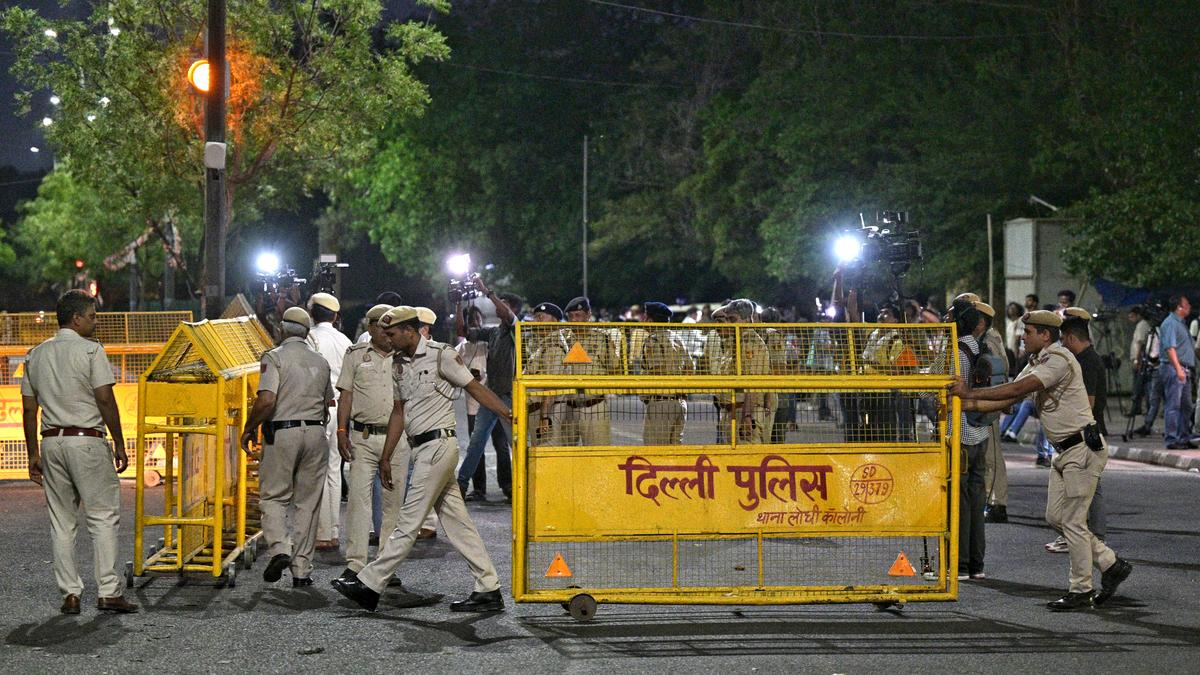
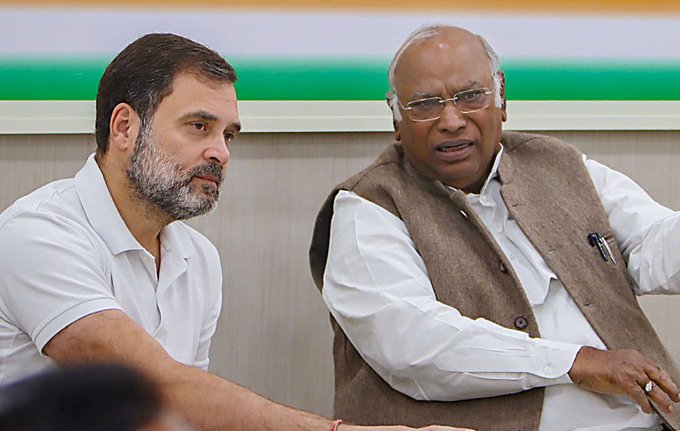


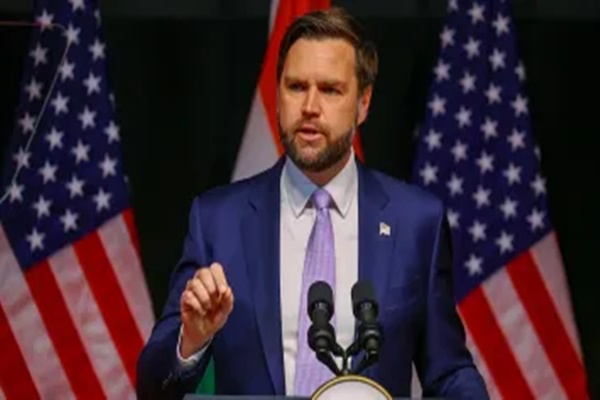
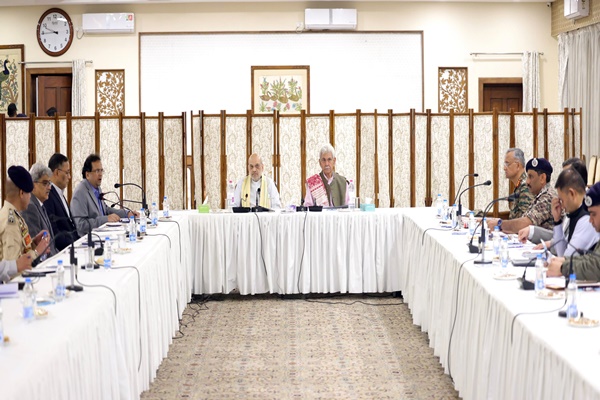
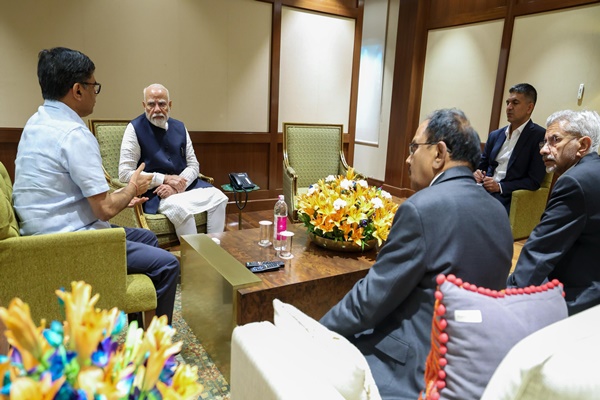
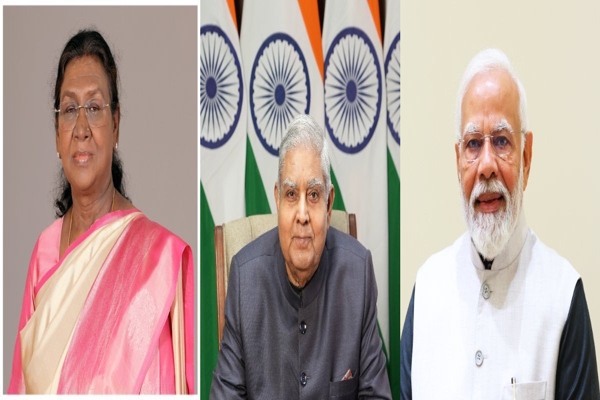
.jpg)
.jpg)
.jpg)
.jpg)
.jpg)
.jpg)
.jpg)
.jpg)
.jpg)
.jpg)
.jpg)


